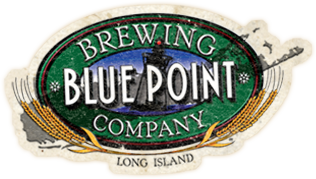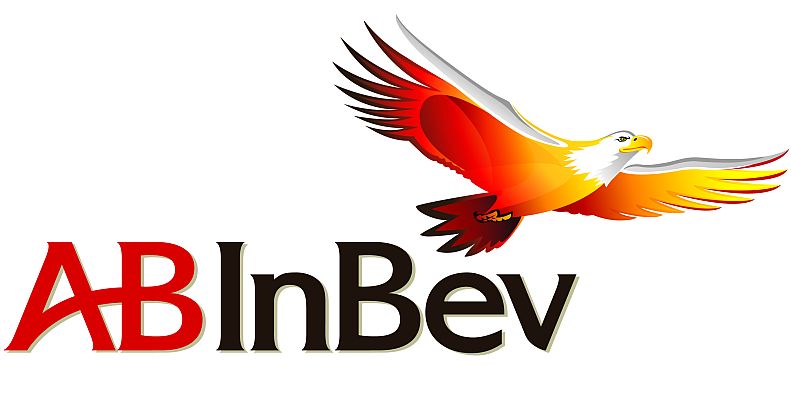Brewing giant Anheuser-Busch InBev (BUD +0.03%) announced plans last week to scoop up New York craft beer maker Blue Point Brewery. This is the second craft brewery that A-B InBev will have bought outright, joining Chicago brewery Goose Island, which the Bud maker bought in 2011.

Blue Point is the country's 36th-largest craft brewery, putting in in the top 2% of U.S. breweries. Still, it makes just 60,000 barrels a year. To put that into perspective, Boston Beer (SAM 0.85%), the largest craft brewer in the U.S., brewed nearly 3 million barrels last year, and Craft Brew Alliance (BREW +0.00%) produced in the neighborhood of 700,000 barrels last year. A-B, the world's largest brewer, produced nearly 100 million barrels, so shareholders shouldn't expect this acquisition to register on the top or bottom line.
That raises the question: why make this purchase? A-B InBev is a company with a big appetite, hence the collection of popular labels it's acquired. But until 2011 the company had been mostly a big-game hunter. Since Interbrew first merged with AmBev in 2004, the company has acquired the Budweiser family, Beck's, Corona, Bass, Franziskaner, and Brahma, among others. Why would it be interested in a brewer with a capacity just a hair larger than B.J.'s Chicago Pizza?

Big benefits for little brewers
For a brewer like Blue Point, the appeal of a sale to a megabrewer is evident. Its principals are rewarded for years of work fine-tuning recipes, building a brand, courting customers, and getting their beers on highly coveted tap handles at popular bars and restaurants. It suddenly has the financial backing to expand, and rapidly so. It also has distributing clout that the smaller brewers could have only dreamed of before the acquisition.
This explains why some of the most successful craft brewers are no longer on the Brewers Association's list of craft brewers. Goose Island is owned by A-B. Leinenkugel is owned by MillerCoors, the partnership between Molson-Coors (TAP +0.19%) and SABMiller. MagicHat, Pyramid, and Portland Brewing are owned by Genessee-maker North American Breweries.
There are also a growing number of small brewers that are partially owned by the big beer makers. A-B owns about a 35% stake in Craft Brew Alliance. It owns 49% of Coastal Brewing, Fordham Brewing, and Old Dominion. More than 70% of craft-brewing pioneer Mendocino Brewing is held by India-based United Brewery Holdings. The highly-regarded Terrapin Brewing sold a 35% stake in the company to MillerCoors in 2011, in exchange for funding for a $4.5 million expansion to double its brewing capacity.
Growth in the 'crossover drinker'
The big drawback for these brewers is that the core craft-beer-drinking crowd hates the megabrewers. They avoid the crafty beers produced under the A-B InBev and MillerCoors umbrellas, and they eschew anything related to big brewing.
But the megabrewers realize that the real potential for growth in the beer market lies not with the seasoned beer geek -- who knows which brewers are owned by bigger brewers and which are independent -- but in what Craft Brew Alliance executives call the "crossover drinker." That's the drinker who's used to Bud, Miller Light, Coors, Corona, Heineken, etc., but wants to broaden his or her beer horizons. Craft Brew has targeted this "crossover drinker," with its Kona and Redhook labels, and it drove growth in the brands by better than 20% in the fiscal third quarter. Boston Beer has long been winning over those drinkers with its flagship Boston Lager.
These drinkers flirt with Kona, Shock Top, Redhook, Blue Moon, or Leinenkugel, and if they like it, they continue to experiment, climbing the beer ladder one rung at a time.
A-B has the distributing clout to place its beers on every step of the ladder it wants. Local beers are going to fight for shelf space and tap handles. But A-B can offer a virtual continuum -- from Keystone Light all the way up to Goose Island and Blue Point, which has eight beers that score a 90 of 100, or better, on RateBeer.com. A-B can also offer the capital needed for expansion and the resources to scale those craft beers.
Culture clash
The concern with these acquisitions lies in the culture clash between the adventurous craft brewing world and the cost-cutting, uber-efficient world of A-B, whose biggest strength is finding ways to wring every last penny of profit from a barrel or beer.
To date, A-B InBev hasn't meddled with Goose Island's production, and its beers remain top-notch. Blue Point is likely assuming the same treatment. In the short term, neither of these brewers will have much of an impact on A-B's top or bottom lines. But if the goal here is to build a strong presence at the high end of craft beer and compete with Boston Beer's best and local and regional microbrewers, A-B is going to have to reconcile the culture clash between megabrewer and microbrewer.